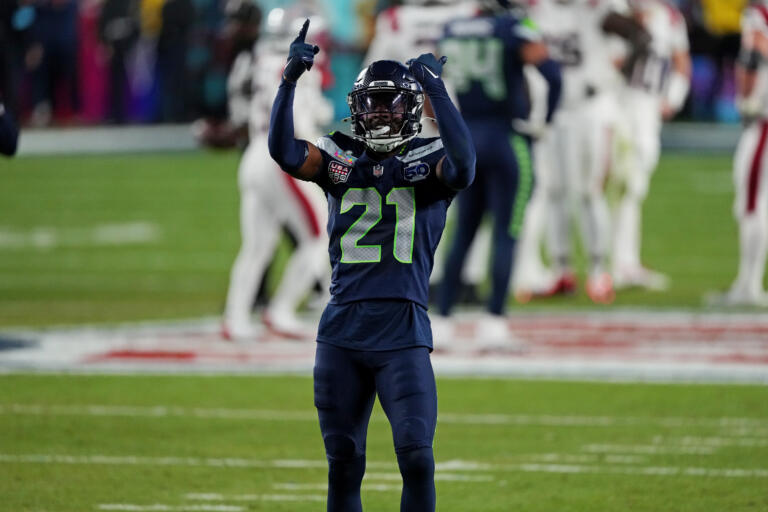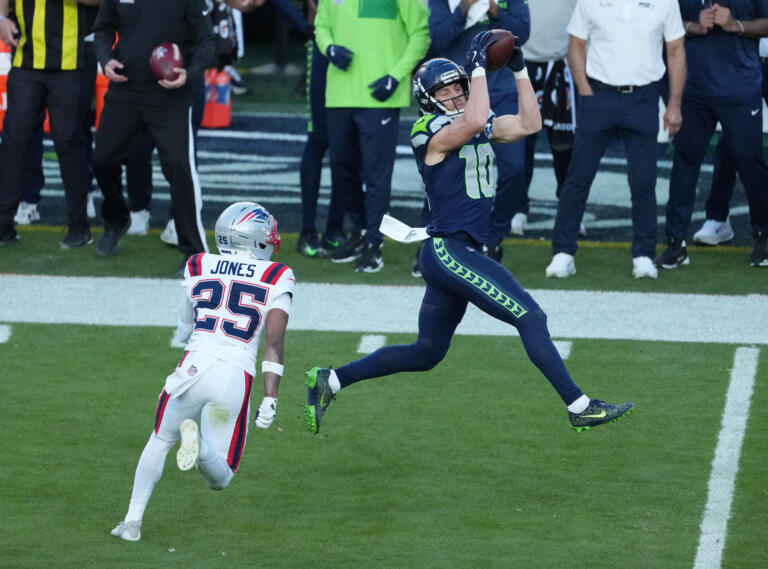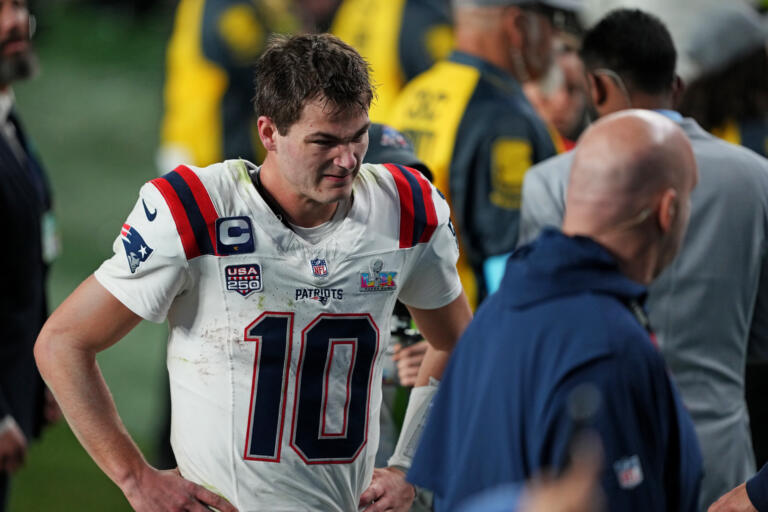Is the NFL’s mandatory minicamp really necessary? That’s the question Aaron Rodgers, the New York Jets’ star quarterback, recently posed. During a visit to the podcast “Pardon My Take,” Rodgers expressed his skepticism about the current offseason schedule, drawing comparisons to his earlier days with the Green Bay Packers. His comments came on the heels of missing the Jets’ training sessions while enjoying a trip to Egypt. According to Rodgers, the NFL’s offseason isn’t what it used to be, suggesting that the intensity and volume of training have decreased significantly.
Rodgers, never one to shy away from voicing his opinions, reminisced about the old days when minicamp was a rigorous and essential part of preparing for the upcoming season. Back then, the offseason was a time to build chemistry with teammates, sharpen skills, and ensure that everyone was in peak physical condition. Nowadays, he argues, it’s more of a formality than a necessity. “It’s not minicamp,” he stated emphatically, underscoring the stark difference he sees in today’s practices compared to his early career.
Think of it like this: Imagine preparing for a big race. In the past, you’d train hard, pushing your limits, and making sure every muscle was ready for the challenge ahead. Now, it’s more like a casual jog around the park. Sure, you’re still moving, but the intensity and commitment aren’t quite the same. That’s essentially what Rodgers is getting at with his critique of the modern offseason.
Furthermore, Rodgers’ observations highlight a broader trend in professional sports: the balance between rest and preparation. Athletes today are more aware of the risks of overtraining and the importance of recovery. However, finding the right balance is tricky. Too much downtime can lead to rust, while too little can result in injuries.
For the Jets, Rodgers’ comments might resonate deeply. As a team looking to build a strong foundation with their new star quarterback, the importance of effective training cannot be overstated. However, it’s also crucial to consider the evolving nature of the sport and the need to adapt to new training methodologies that prioritize long-term health and performance.
In conclusion, Rodgers’ critique of the NFL’s mandatory minicamp raises an important conversation about the evolution of offseason training. While the days of grueling minicamps may be a thing of the past, finding the right balance between preparation and rest is essential. As the NFL continues to evolve, so too must its approach to training, ensuring that players are both ready for the season and protected from unnecessary risks. So, is the minicamp still necessary? That’s a question that will continue to spark debate as the league moves forward.







